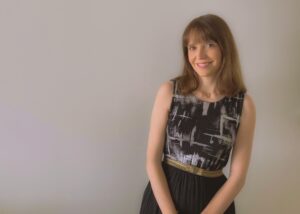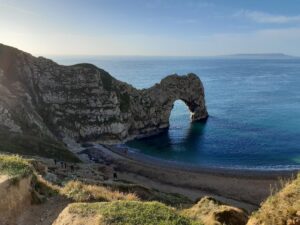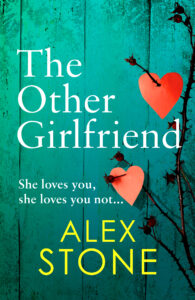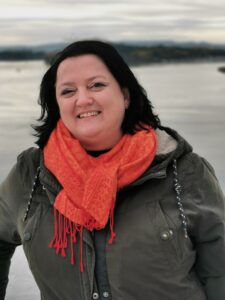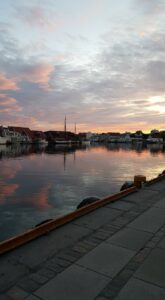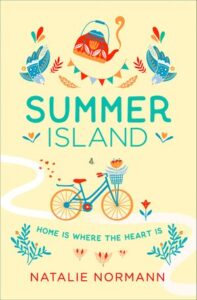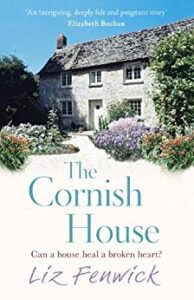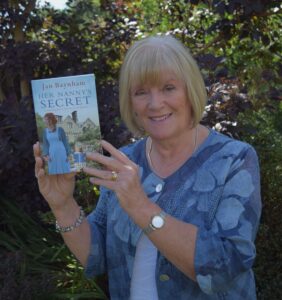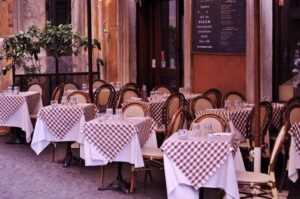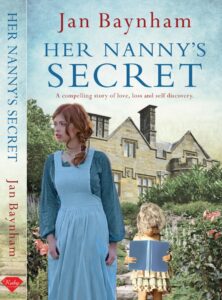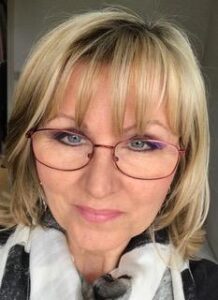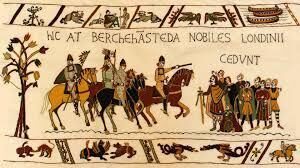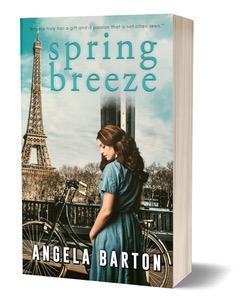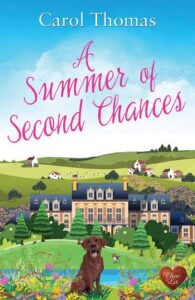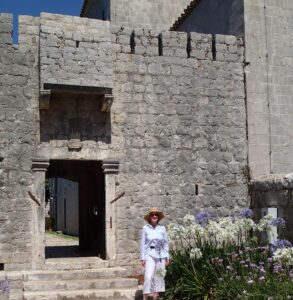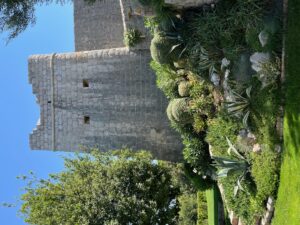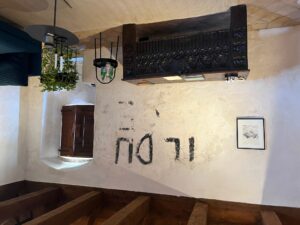Hi! I’m Patsy Collins aka The Travelling Writer. Ten years ago I was a tour guide. That job kept me in one place but ever since being made redundant and becoming a full time writer I’ve spent a lot of time travelling – mostly in a campervan shared with my husband. We’re on the road for three months a year, so naturally I write in the van. So much so that I often refer to R’ten as the mobile writing retreat. She’s absolutely perfect for that. She’s also a pretty good photography base for Gary.
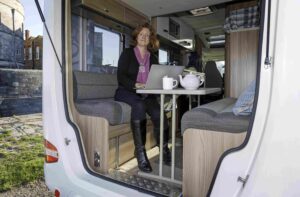 There are things about a campervan which may initially seem like disadvantages, such as limited internet access and restricted space, but are really the opposite. When we can go online it’s all too easy to ‘just quickly look that up’ and get distracted by emails, funny memes, brilliant opportunities to submit our work if we ever get it finished… If we have to go into another room to make a cup of tea, we don’t always return to the keyboard the moment the kettle has boiled. Even the limited power supply can be a plus, because it encourages me to get the words down straight away, rather than wasting battery power faffing about.
There are things about a campervan which may initially seem like disadvantages, such as limited internet access and restricted space, but are really the opposite. When we can go online it’s all too easy to ‘just quickly look that up’ and get distracted by emails, funny memes, brilliant opportunities to submit our work if we ever get it finished… If we have to go into another room to make a cup of tea, we don’t always return to the keyboard the moment the kettle has boiled. Even the limited power supply can be a plus, because it encourages me to get the words down straight away, rather than wasting battery power faffing about.
Sometimes the places we visit for Gary’s work inspire my stories. Sometimes we spend time in an area so I can write my novels and short stories ‘on location’. It’s really useful to be able to literally walk in my characters’ footsteps along the beach, up a mountain or through town. I enjoy seeing what they see, eating what they do, even sharing a few of their mishaps – my research has occasionally been more thorough than intended!
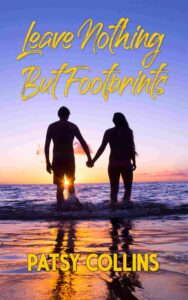 One of my six novels, Leave Nothing But Footprints, is actually set in a campervan, and that’s where it was written, even if it wasn’t always parked in the same country as Jess and Eliot took their own trip. Although the storyline is nothing like my own life, some of the small details are based on reality. I think they help make the story believable, and using them in a positive way helps me feel better about some of our mini disasters in the early days. Oh, and I might sometimes try convincing Gary to unleash his romantic side for the good of the current WIP!
One of my six novels, Leave Nothing But Footprints, is actually set in a campervan, and that’s where it was written, even if it wasn’t always parked in the same country as Jess and Eliot took their own trip. Although the storyline is nothing like my own life, some of the small details are based on reality. I think they help make the story believable, and using them in a positive way helps me feel better about some of our mini disasters in the early days. Oh, and I might sometimes try convincing Gary to unleash his romantic side for the good of the current WIP!
Another book written entirely in R’ten is From Story Idea to Reader; an easily accessible guide to writing fiction, co written with Rosemary J Kind. We know each other well, but didn’t physically meet during the writing stage as when she was in England we were in Scotland, and when we came home she went to Switzerland. We did park the van on her drive while we worked on the promotion stuff though.
Having the van, and being able to go where we like has enabled me to deliver writing workshops and attend events which wouldn’t be practical if they couldn’t be incorporated into a working trip.
 Of course the locations we visit provide distractions. We’ve parked up on beaches, in the depths of forests, at the foot of mountains, alongside rivers, in the grounds of a castle, in view of seals and otters or surrounded by wild deer … But I’ve been a writer for over twenty years now and have learned to accept the ups and downs which that entails.
Of course the locations we visit provide distractions. We’ve parked up on beaches, in the depths of forests, at the foot of mountains, alongside rivers, in the grounds of a castle, in view of seals and otters or surrounded by wild deer … But I’ve been a writer for over twenty years now and have learned to accept the ups and downs which that entails.
If you’d like to learn more about me and my writing, then please visit patsycollins.uk where you’ll find links to all my books and lots more photos from my campervan adventures.

